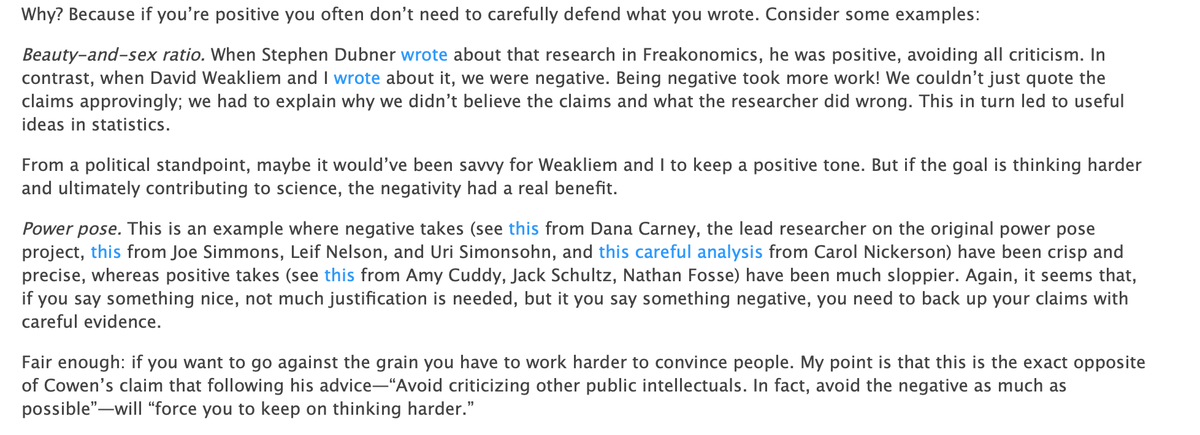
The first real Greek class I took was on Plato’s Apology, with the eminent classicist Arthur Adkins. We translated the Apology, line by line. When we stumbled over a construction—many of were beginners—Adkins would gently correct us. That was the whole class, that was it. 1/4
Adkins was dying, in a wheelchair, there was a guy in the class to remind him to take certain pills every 20 mins. He died a month or so after the class ended, but he made it through. I wish I could convey the atmosphere of that class: the hushed silence, the fierce attention.
Somehow, without ever saying it, Adkins telegraphed: Socrates knows he is going to die, but he has to give this speech first. I know I'm going to die, but I have to teach this last class. We are all dying, all the time, but there are some things we have to do before that happens.
Today I am sitting here crying, remembering Arthur Adkins, wishing I could thank him.
Fin
Fin
• • •
Missing some Tweet in this thread? You can try to
force a refresh






